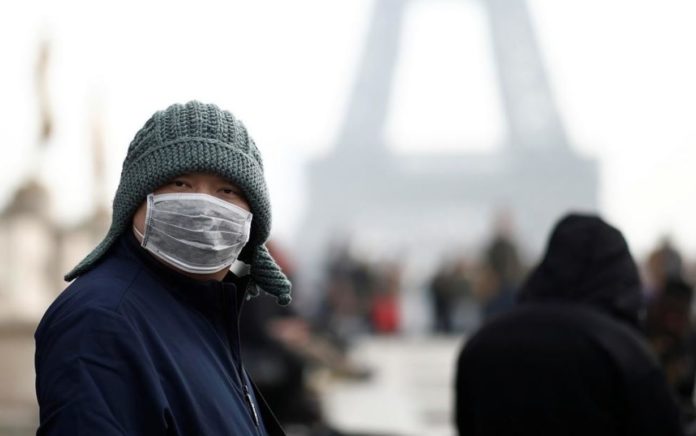Web Report
It is sad to know that the global coronavirus cases crossed 2 million mark within a few days it crossed one million cases, according to media reports.
Countries across the globe weighed the timing for when it would be safe to ease restrictions, as regions from New York to Spain showed an easing in the rate of infections.
States on both U.S. coasts formed coalitions to plan for coordinated reopenings of their economies. President Donald Trump insisted that he alone has the authority to restart the country.
France extended the nation’s lockdown to May 11 as the health ministry said the country is currently in a ‘high plateau’ phase.
The World Health Organization said it has a “very good” relationship with Trump, who has threatened to cut off funding to the group.
Treasury Secretary Steven Mnuchin said 80 million taxpayers should receive coronavirus relief payments by Wednesday and that the government is accelerating assistance to businesses as well.
The Treasury secretary announced the payments at a White House news conference, along with progress the Small Business Administration has made in processing loans from the $349 billion Paycheck Protection Program. Both relief programs were created in the $2.2 trillion stimulus President Donald Trump signed last month.
U.S. President Donald Trump said his administration will issue guidance within days for governors who want to begin relaxing social-distancing practices to curb the coronavirus outbreak, and said he hopes to reopen the country “ahead of schedule.”
Australia is looking to parts of the industry that can be restarted without creating greater health risks as the National Cabinet prepares to meet Thursday to discuss restrictions.
“It’s a real trade-off, getting the best value of the restrictions that you can lift and at same time not put the health situation at greater risk,” Prime Minister Scott Morrison told a TV Channel’s program, pointing to agribusiness and manufacturing as examples. He said he hoped to move to less-restrictive measures, but said the nation was still many weeks away.
The once-per-decade U.S. census will be delayed by at least three months as the coronavirus pandemic hinders in-person data collection from households. Commerce Secretary Wilbur Ross announced field operations will be delayed until June 1, and that in turn would delay completion of the count until Oct. 31. He asked Congress Monday to grant his department a 120-day extension of statutory deadlines as a result of the outbreak.
U.S. cases rose 5.6% from the day before to 572,169 by Monday afternoon, according to data compiled by Johns Hopkins University. That was lower than the 7.4% average daily increase over the past week but slightly higher than the 5.4% increase on Sunday. Deaths rose 7.3% to 23,070. New York’s cases rose about 3.3%, but the rate was about half of what it was a week ago.
The governors of California, Washington, and Oregon announced a regional framework for bringing the states’ economies back on line.
“We will be driven by facts, we will be driven by evidence, we will be driven by science, we will be driven by our public health advisers,” California Governor Gavin Newsom said during his daily coronavirus briefing Monday.








































